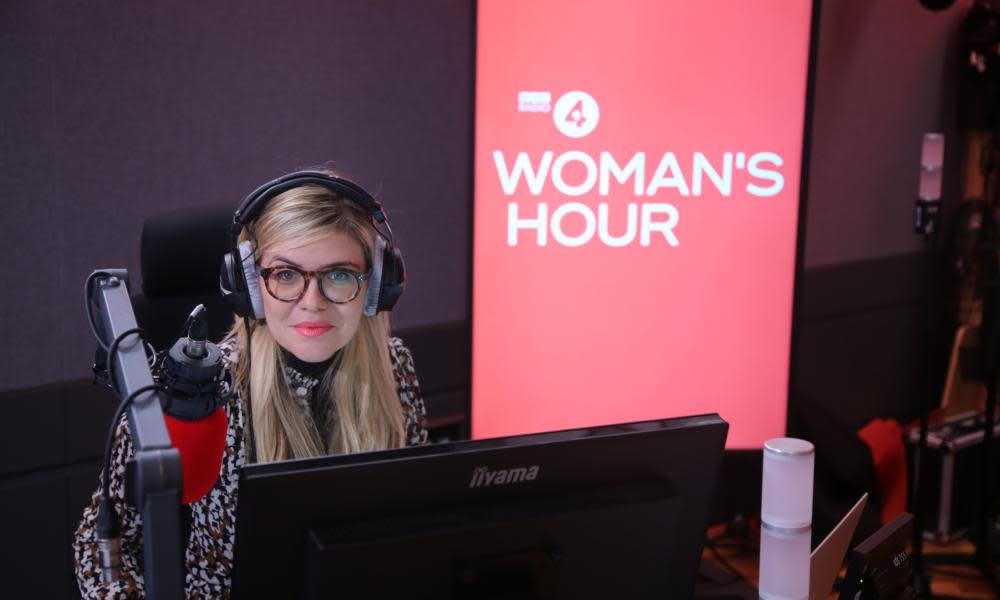Muslim leaders should be questioned like anybody else

The new leader of a high-profile organisation gets grilled by a go-get-’em journalist. Not exactly an unusual event. But Emma Barnett’s interview of Zara Mohammed, the newly elected leader of the Muslim Council of Britain (and its first female leader) on Radio 4’s Woman’s Hour has caused ripples.
A hundred public figures (including former Tory cabinet minister Sayeeda Warsi, Labour MP Diane Abbott and union leader Jo Grady) signed an open letter to the BBC deploring the “strikingly hostile” tone of the interview. “Most of Mohammed’s answers,” they note, “were interrupted, revealing an instinctive urge not to listen to the voice of a Muslim woman.” The interview was akin to the grilling of a politician “rather than authentically recognising and engaging in what this represented for British Muslim women”.
It is better to have journalists willing to challenge interviewees than take answers at face value
Barnett is an abrasive interviewer, openly contemptuous of waffle and given to interrupting. Personally, I can find her style irritating, and not always useful in elucidating an issue, but I also think it better to have journalists willing to challenge interviewees than take answers at face value.
Barnett has brought that style to Woman’s Hour too. One can argue over whether that’s a good thing. What is unacceptable, though, is the suggestion that Barnett should have made an exception for a Muslim woman. Her interruptions of Mohammed revealed a willingness to subject all her interviewees to the same treatment. That, surely, is what we should demand. To insist that Muslim leaders should not be subject to the same harsh questioning as anyone else is hardly an argument for equal treatment.
Kenan Malik is an Observer columnist
Watch: Queen sends message to BBC Woman's Hour

 Yahoo News
Yahoo News 
